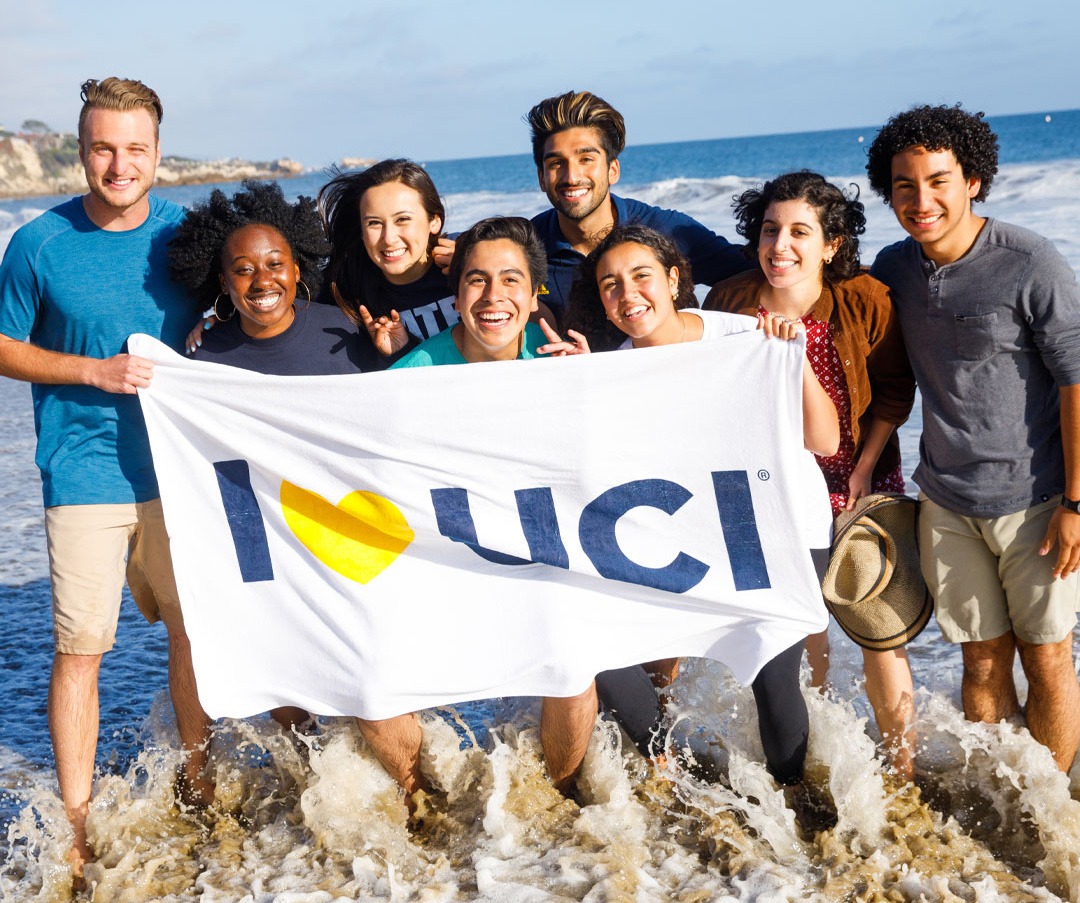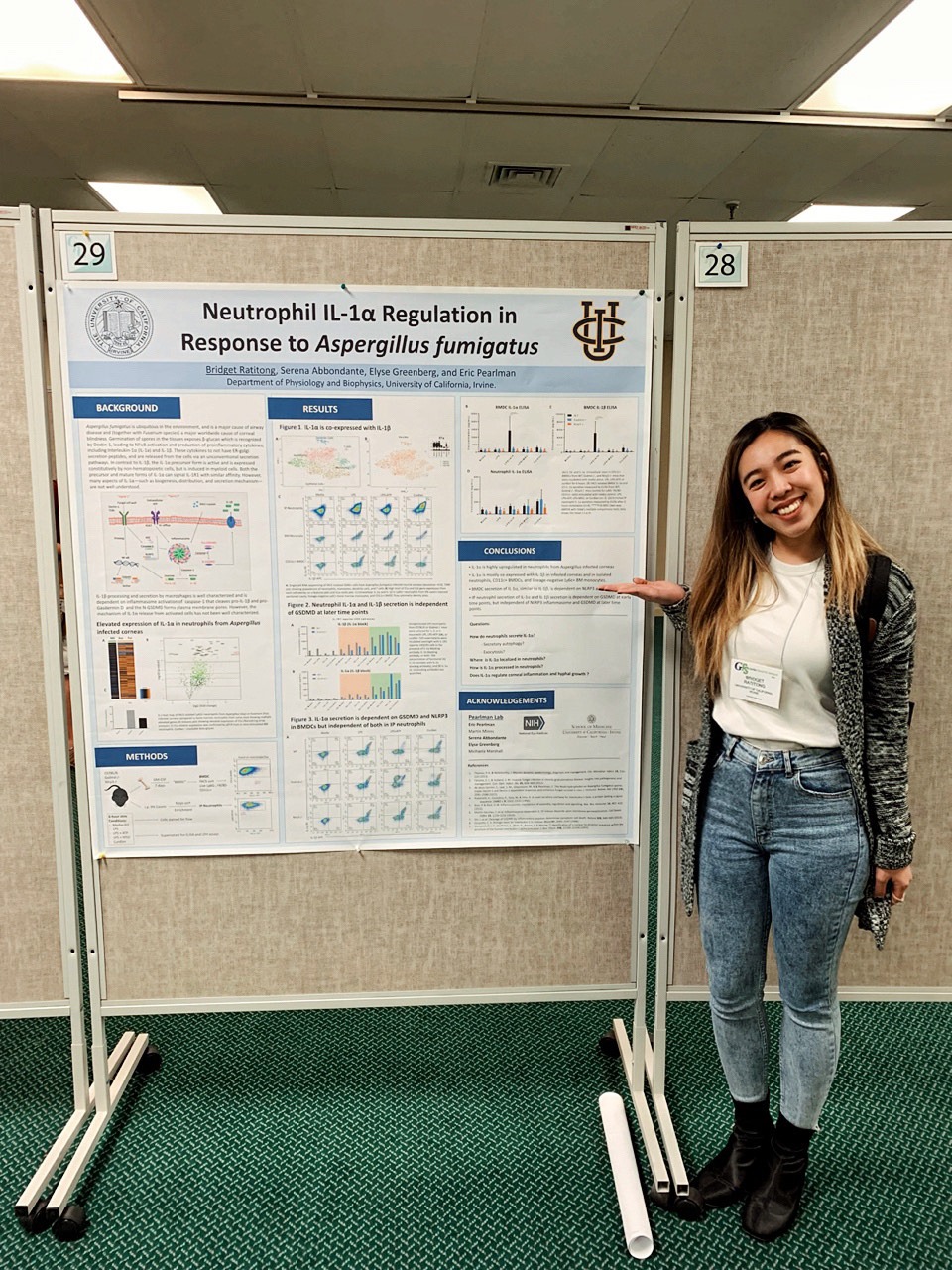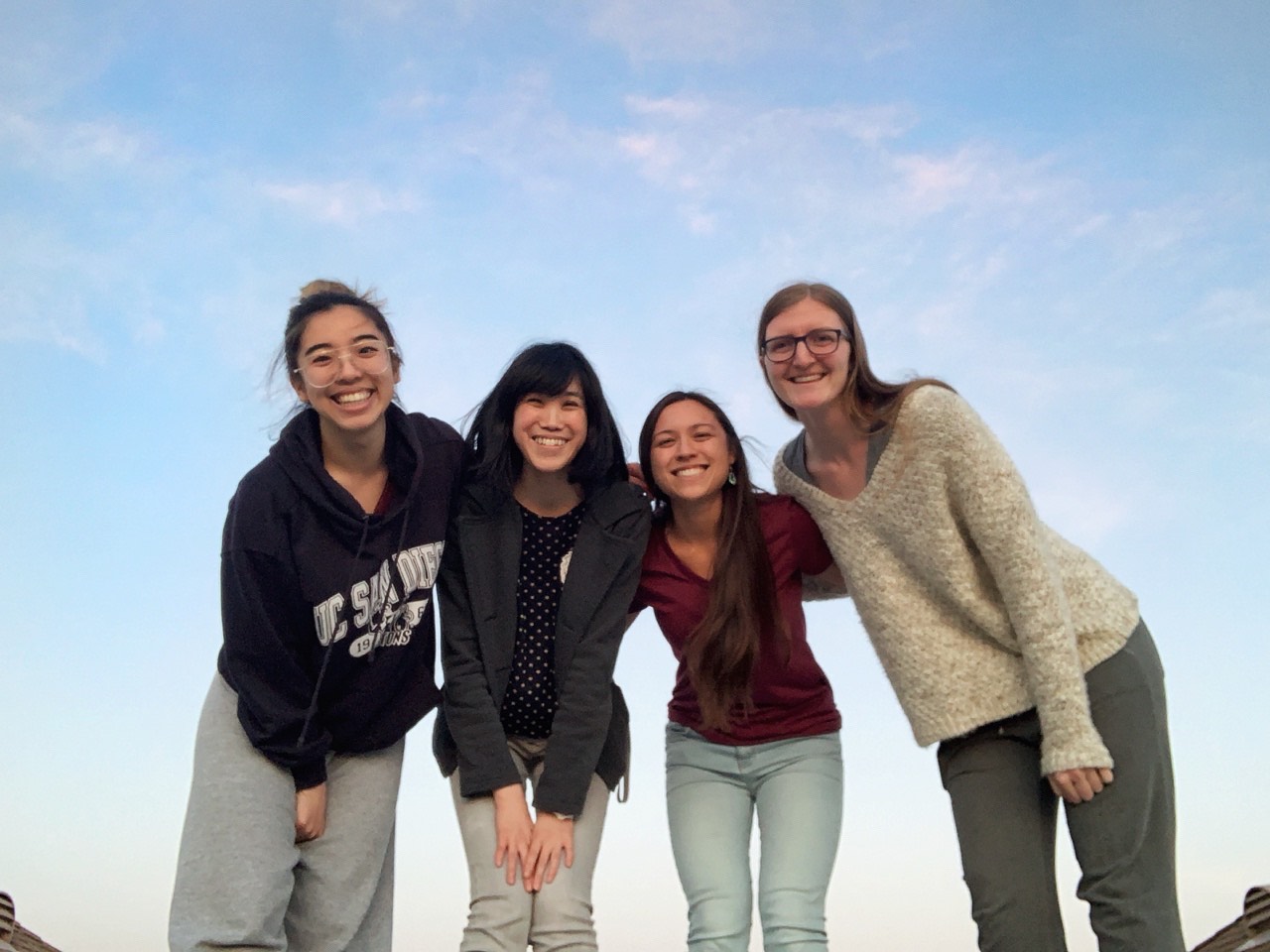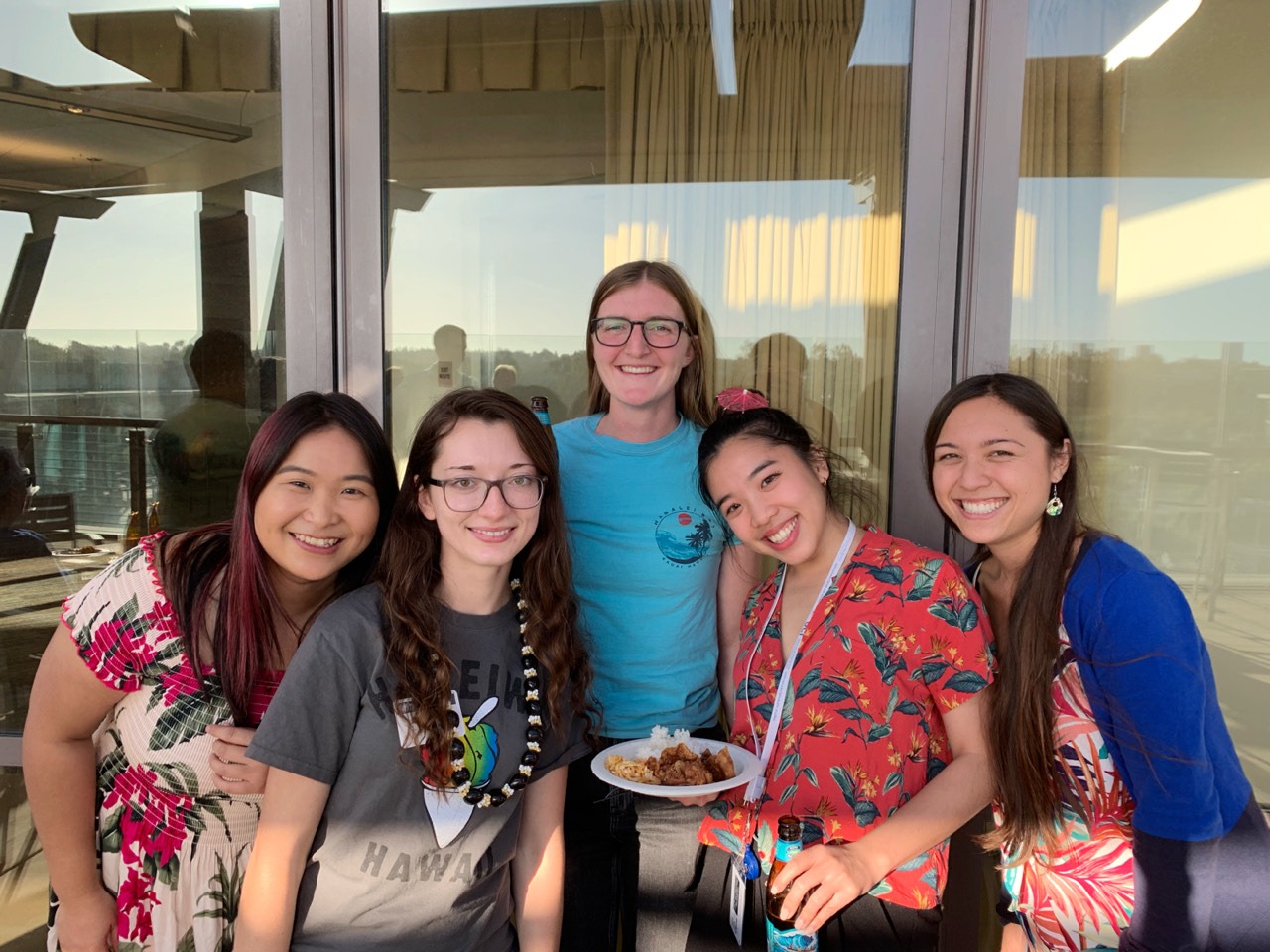About
Who We Are
The field of immunology has expanded dramatically since the inception of the IFI and is now recognized as a key factor in multiple diseases. The last 15 years have seen an unprecedented interest in immunology by investigators in cancer and in neurosciences, with the relatively new concepts that the host immune response regulates the progression and severity of cancer, chronic degenerative diseases and metabolic disorders. However, nationwide and worldwide appreciation of the importance of the immune system occurred during the COVID-19 pandemic, where SARS-CoV-2 variants infected 676 million people worldwide, including >100 million cases in the USA that resulted in >1 million deaths. While vaccines have greatly reduced the health consequences of COVID-19, there is a real threat of emerging viruses and other pathogens that will require a solid understanding of the immunology underlying disease and development of new vaccines.
The Institute for Immunology contributes to the UCI immunology community through 1) supporting graduate education, 2) providing a regular forum for seminars and discussion, and 3) by the Flow Cytometry core facility. Each are described in detail on this website, however as an overview:
- Graduate education
- The NIAID Immunology Training grant T32 AI177324. The IFI T32 includes faculty from multiple departments in the Schools of Medicine, Biological Sciences, Engineering and Chemistry. The current T32 grant covers 4 students plus a student supported by the Graduate Division. The training grant slots also include funds for the students to travel to present their findings at national and international conferences.
- Didactic Immunology Courses including MMB/Physio Integrative Immunology (Fall quarter). MBB/Physio 215B Select Topics in Immunology (Winter quarter) and MBB / Physio 227. Recent Advances in Immunology – literature review (Fall and Winter quarters)
- Seminars and Annual Symposium
- The weekly immunology seminar series features nationally and internationally renowned speakers from prestigious institutes around the USA, with a focus on CA and UCI. During these visits, faculty, post-docs and students have an opportunity to interact with the speakers including lunches sponsored by the IFI. Students and post-docs are also encouraged to invite and host outside speakers.
- The Annual Immunology symposium (IFI Fair) brings together faculty and trainees from multiple academic institutes in southern This event attracts >200 registrants from UCI and other southern CA research institutes, including UC San Diego, UC Riverside, UCLA, USC, Cedars Sinai and Cal State universities. The American Association for Immunologists (AAI) provides prizes for the best oral and poster presentations, and features the winners in the AAI newsletter.
- The IFI Flow cytometry core facility is located on the third floor of Hewitt Hall and provides essential support for immunology investigators across campus. The core is equipped with 2 Novocyte flow analyzers, a BD FACS Aria Fusion cell sorter and an imaging flow cytometer (ImageStream). The flow core manager, Michael Hou has >10 years of flow cytometry experience runs samples (mostly Fluorescence Activated Cell Sorting (FACS), and trains students and other lab personnel, working with them to plan experiments, use the equipment, and interpret results. The IFI Flow core also hosts industry workshops where representatives provide fundamentals and advanced information on instruments, software and data interpretation.





Our History
The UCI Institute for Immunology (IFI) was originally established as an organized research unit in 2009 to provide a cross-campus, multi-disciplinary resource for Immunology faculty, students and post-doctoral fellows. Dr. Paolo Casali was the founding director, and with support from the Office of the Vice Chancellor for Research, IFI activities included weekly seminar series and journal clubs, the annual symposium (IFI Fair) and management of an NIAID T32 Training grant. Drs. Albert Zlotnik and Craig Walsh were interim directors from 2014 until January 2015 when Eric Pearlman was appointed as the new Director of the IFI.
